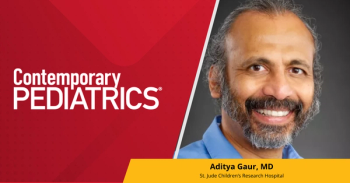
Antioxidants Discouraged During Cancer Treatment
Cancer patients receiving radiation therapy or chemotherapy should not take supplemental antioxidants due to a lack of clear data on their effects on cancer treatment, according to a review published online May 27 in the Journal of the National Cancer Institute.
THURSDAY, May 29 (HealthDay News) -- Cancer patients receiving radiation therapy or chemotherapy should not take supplemental antioxidants due to a lack of clear data on their effects on cancer treatment, according to a review published online May 27 in the Journal of the National Cancer Institute.
Brian D. Lawenda, M.D., of the Naval Medical Center San Diego, and colleagues searched the published literature for randomized clinical trials examining the effects of supplemental antioxidants on the sensitivity of tumors and normal tissues to chemotherapy and radiation therapy.
The researchers found that the available data was equivocal and could not provide clear guidelines for clinical practice. Some studies have suggested that high-dose supplementation during radiation treatment reduces local tumor control and survival, with uncertainty about which compounds and doses are clearly safe. They also note that limited data exist on the mechanism of action of dietary antioxidants, so that high doses of some compounds may enhance the efficacy of some cytotoxic regimens and/or decrease their toxicity.
"On the basis of our review of the published randomized clinical trials, we conclude that the use of supplemental antioxidants during chemotherapy and radiation therapy should be discouraged because of the possibility of tumor protection and reduced survival," Lawenda and colleagues write.
Copyright © 2008
Newsletter
Access practical, evidence-based guidance to support better care for our youngest patients. Join our email list for the latest clinical updates.








